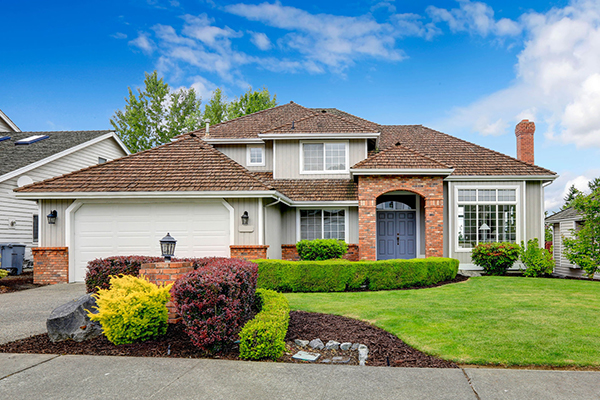NAHB: Builder Sentiment Surges in August
 Home builder confidence in housing market conditions surged in August after sagging to an eight-month low in July. The National Association of Home Builders reported a July reading of 68 in August after analysts expected a one- point increase from July’s Housing Market Index reading of 64. Any reading over 50 indicates that more builders consider housing market conditions positive than those who do not.
Home builder confidence in housing market conditions surged in August after sagging to an eight-month low in July. The National Association of Home Builders reported a July reading of 68 in August after analysts expected a one- point increase from July’s Housing Market Index reading of 64. Any reading over 50 indicates that more builders consider housing market conditions positive than those who do not.
Component readings of the Housing Market Index also improved in August. Builder confidence in current housing market condition rose four points to 74; Builder confidence in housing market conditions over the next six months rose by five points to 78. Builder confidence in buyer traffic in new home developments rose one point to an index reading of 49.
Positive Economy Fuels Builder Confidence
Builders have long cited a shortage of buildable lots and labor, along with rising costs as impacting confidence in current and future confidence in housing markets. NAHB said that labor shortages are worse in 2017 than in 2016. Builders reported labor shortages including carpenters and electricians. August readings suggest that positive economic developments are mitigating long-term builder concerns, but a recent tariff on Canadian lumber raised materials costs for some builders.
The discrepancy between builder confidence and housing starts concerns real estate pros and housing and lending industry leaders, but without enough workers to staff their building crews, home builders face obstacles in meeting buyer demand for homes.
Stronger economic and jobs indicators are boosting builder confidence in housing market conditions. As more prospective home buyers find stable jobs, buying a home becomes possible for prospective buyers who have waited for economic conditions to improve sufficiently to invest in home ownership.

 If you are approaching your golden years and seeking a bit of financial flexibility, you might want to look at a reverse mortgage. This unique financial product is only open to individuals over 62 years of age. It allows you to convert some of your home’s equity into cash which you can use as needed in your retirement.
If you are approaching your golden years and seeking a bit of financial flexibility, you might want to look at a reverse mortgage. This unique financial product is only open to individuals over 62 years of age. It allows you to convert some of your home’s equity into cash which you can use as needed in your retirement. Job Openings, New Jobless Claims Rise
Job Openings, New Jobless Claims Rise